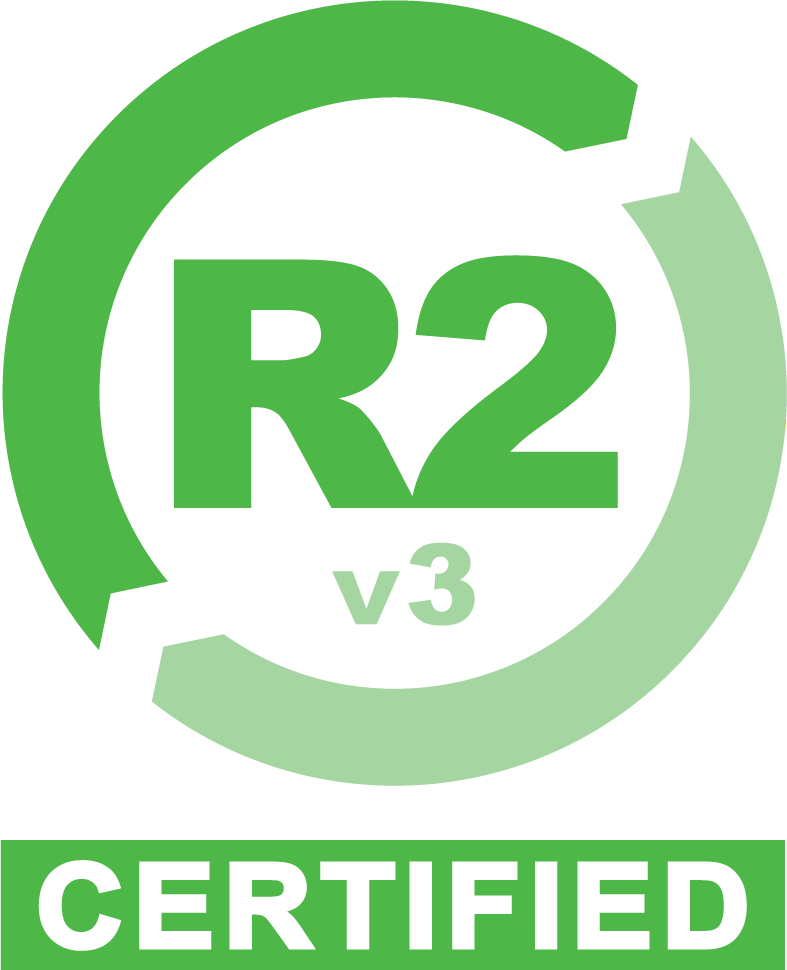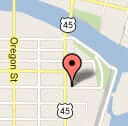Top Reasons to Pursue Data Center Decommissioning
 21
21 Mar
Data centers are the backbone of the digital economy. But as technology evolves, data centers can become outdated, inefficient, or even obsolete. While the decision to decommission a data center is undoubtedly complex, it can yield numerous benefits ranging from cost savings and efficiency gains to significant environmental impact reduction.
Sadoff E-Recycling & Data Destruction, as a sister company of SunCoast Communications, specializes in secure and sustainable data center decommissioning solutions. We understand the intricacies involved and work closely with businesses to develop tailored strategies that maximize value recovery while minimizing risks.
5 Reasons to Pursue Data Center Decommissioning
1. Cost Reduction
Operating a data center is expensive. Energy consumption, maintenance costs, real estate expenses, and staffing requirements can lead to substantial overhead. Decommissioning an outdated or underutilized data center can result in significant cost savings in several areas:
- Energy Efficiency—Older data centers often have inefficient cooling systems and outdated power infrastructure, consuming vast amounts of energy. Modern facilities are designed with energy efficiency in mind, reducing operating costs.
- Reduced Maintenance and Licensing—Decommissioning eliminates the need for ongoing maintenance contracts, software licenses, and support for legacy hardware.
- Freed Up Real Estate—Valuable data center space can be repurposed or potentially sold, generating revenue or optimizing space utilization.
2. Operational Efficiency and Agility
The shift towards cloud computing and edge computing models continues to drive demand for greater operational flexibility. Decommissioning a legacy data center can enable organizations to streamline their IT infrastructure, improve scalability, and reduce time-to-market for new digital services:
 Consolidation for Simplicity—Consolidating workloads from multiple smaller data centers into a centralized, modernized facility often simplifies management and reduces overall complexity.
Consolidation for Simplicity—Consolidating workloads from multiple smaller data centers into a centralized, modernized facility often simplifies management and reduces overall complexity.- Increased Agility—Cloud-based solutions and co-location options can offer greater scalability and flexibility, allowing rapid adjustments to meet changing business requirements.
- Improved Disaster Recovery—Modern data centers offer robust disaster recovery and business continuity capabilities, minimizing downtime risks in the event of unforeseen disruptions.
3. Sustainability and Environmental Responsibility
Data centers have a considerable environmental footprint. The vast energy consumption and e-waste generated by obsolete equipment present a growing concern. Data center decommissioning can be a strategic move for organizations committed to sustainability goals:
- Reduced Carbon Footprint—Decommissioning inefficient data centers and migrating to more energy-efficient facilities or cloud solutions helps significantly reduce an organization’s carbon emissions.
- Responsible E-Waste Management—Partnering with a reputable e-recycler like Sadoff E-Recycling ensures that decommissioned equipment is handled securely and responsibly, with a focus on resource recovery and environmental protection.
- Enhanced Brand Reputation—Demonstrating a commitment to sustainability can resonate positively with environmentally conscious customers and stakeholders.
4. Security and Compliance
Data security and compliance with regulations like HIPAA, PCI DSS, and GDPR are paramount. Legacy data centers may present increased security risks as older equipment might not receive critical security updates. Decommissioning enables organizations to address these risks and protect sensitive data:
- Upgraded Security Measures—Modern data centers offer enhanced physical and cybersecurity safeguards, such as advanced access controls, intrusion detection systems, and robust encryption protocols.
- Data Destruction and Secure Disposal—Certified data destruction services offered by Sadoff E-Recycling ensure that sensitive data is permanently erased, preventing unauthorized access and mitigating compliance risks.
- Facilitated Compliance—Up-to-date infrastructure and security standards help organizations stay compliant with evolving data protection regulations.
Read More: Risks of Not Having a Data Destruction Policy
5. Value Recovery
Decommissioned data center equipment can still retain value, even if no longer suitable for your operations. Sadoff and SunCoast can help you extract value through several channels:
- Refurbishment and Resale—Functional components can be tested, refurbished, and sold on the secondary market, offering a substantial return on your investment.
- Materials Recovery—Equipment that cannot be reused is responsibly disassembled and recycled, recovering valuable materials such as metals, plastics, and rare earth elements.
Partner with Sadoff & SunCoast for Successful Decommissioning
Find the Right Decommissioning Partner
Decommissioning can be complex, but with the right partner, it can be a smooth and beneficial transition. Sadoff E-Recycling & Data Destruction and SunCoast Communications offer a comprehensive approach to data center decommissioning, maximizing value recovery, ensuring data security, and prioritizing environmental sustainability.
Contact us today to explore how we can help you design and execute a successful data center decommissioning strategy.
Categorized in: Data Security, Telecom




 Google map directions
Google map directions
 Google map directions
Google map directions
 Google map directions
Google map directions
 Google map directions
Google map directions
 Google map directions
Google map directions
 Google map directions
Google map directions
 Google map directions
Google map directions